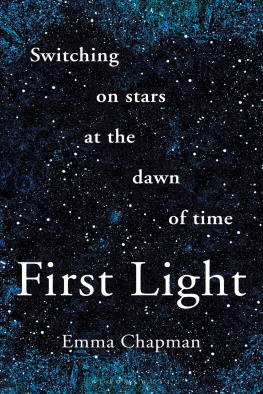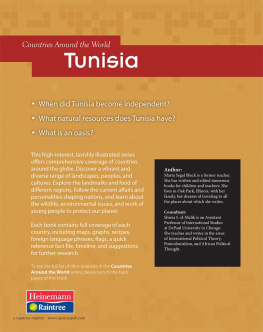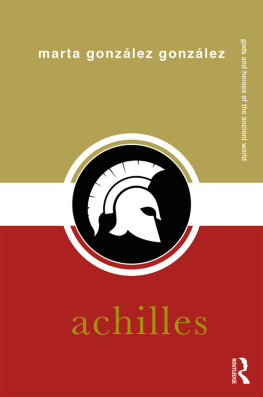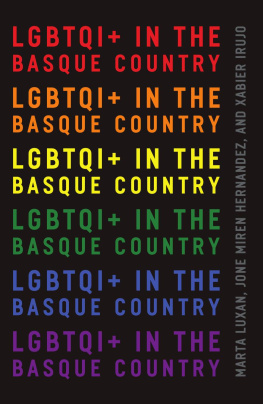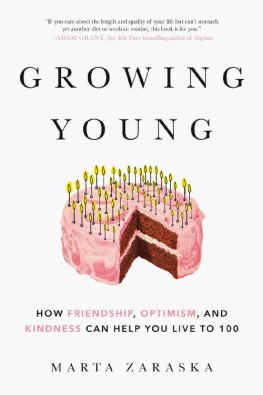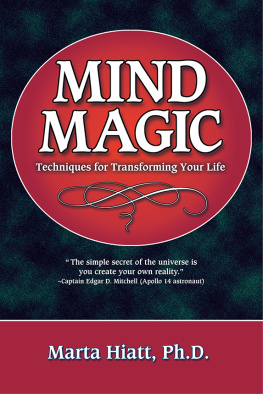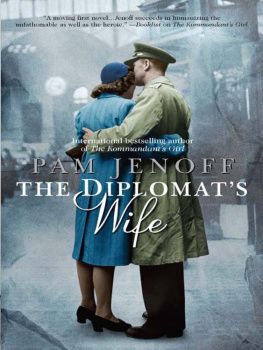Emma Chapman
HOW TO BE A GOOD WIFE
For Kate and Keith Chapman
for teaching me everything I know
Come on my history horses!
And below is always the accumulated past, which vanishes but does not vanish, which perishes and remains
Marilynne Robinson,
HousekeepingToday, somehow, I am a smoker.
I did not know this about myself. As far as I remember, I have never smoked before.
It feels unnatural, ill-fitting, for a woman of my age: a wife, a mother with a grown-up son, to sit in the middle of the day with a cigarette between her fingers. Hector hates smoking. He always coughs sharply when we walk behind someone smoking on the street, and I imagine his vocal cords rubbing together, moist and pink like chicken flesh.
I rub the small white face of my watch. Twelve fifteen. By this time, I am usually working on something in the kitchen. I must prepare supper for this evening, the recipe book propped open on the stand that Hector bought me for an early wedding anniversary. I must make bread: mix the ingredients in a large bowl, knead it on the cold wooden worktop, watch it rise in the oven. Hector likes to have fresh bread in the mornings. Make your home a place of peace and order.
The smoke tastes of earth, like the air underground. It moves easily between my mouth and my makeshift ashtray: an antique sugar bowl once given to me by Hectors mother. The fear of being caught is like a familiar darkness; I breathe it in with the smoke.
I found the cigarette packet in my handbag this morning underneath my purse. It was disorientating, as if it wasnt my bag after all. There were some cigarettes missing. I wonder if I smoked them. I imagine myself, standing outside the shop in the village, lighting one. It seems ridiculous. Im vaguely alarmed that I do not know for sure. I know what Hector would say: that I have too much time on my hands, that I need to keep myself busy. That I need to take my medication. Empty nest syndrome, he tells his friends at the pub, his mother. Hes always said I have a vivid imagination.
Outside is a clear circle of light. Hectors underpants, shirts and trousers move silently in the breeze. Holding the cigarette upright, the glowing tip towards the ceiling, I notice the red-rimmed edges of my fingernails. A shadow shifts across the table. I see a hand, reaching out: the fingers spread open to take it. It is small, with bitten-down nails, a silver ring gleaming on the index finger. Without thinking, I offer the cigarette, but when I look again the hand is gone. The hairs on my arms rise. I turn quickly, my heart beating, but the room is empty.
With a shaking hand, I stub my cigarette against the delicate china and cross the kitchen. Folding a piece of paper towel around the butt, I wrap it with an elastic band, trying to trap the smell. It still emits the stench of stale smoke. Dropping the sugar bowl into the steaming water in the sink, I hide the cigarette packet in the teapot. I put the paper parcel on the window ledge outside the front door. The air is fresh and cold, like plunging my face and chest into ice water. I will dispose of it later, on my way to the market.
I check my watch again. Twelve twenty-five. I set it every day by the clock on the evening news: it is important for me to know the correct time.
Standing at the open front door on the raised porch, I look out at the dirty stretch of lane. Beyond it, the wide green fields spread towards the edge of the rising valley. The clear blue sky opens up above the darkness of the mountains, and as I look up, I feel dizzy.
The tree at the end of our drive is losing its browning leaves: they pool deliciously at its trunk. I long to hear them crunch under my shoes, to run across the valley and through the dark forest until my lungs burn. The cold wind would lash my face, blowing through my hair: my feet would kick up the dirt. I wouldnt stray from the path.
Holding on to the wooden door, I dont step outside. At one oclock, I will go to the market. Your husband belongs in the outside world. The house is your domain, and your responsibility.
I look at my watch again. Twelve thirty.
Behind the closed front door, it is silent in the house. There is no microwave beeping, no sound of a car door slamming in the drive outside. The washing machine is not even churning: I couldnt scrape together enough for a wash today. The only sound is my breathing, in and out, in and out. The house is always empty now, except for me and sometimes Hector.
The weak midday light slants across the beige carpet. Kylan smiles down from the various pictures on the walls. His first day at school, standing proudly beside Hectors car with his socks pulled up and his new blazer over his arm. In skiing goggles, his face pink and lips rubbery around slightly crooked teeth. Several of him as a baby, his hair sticking up unnaturally and the same gummy smile. I miss him: the stiffness in his crying body, his tense screams, and how he would calm when he found himself in my arms. He has forgotten now, but he felt like this once.
There is only one picture of Hector and me together: our wedding photo. We stand in the church doorway, Hector looking straight at the camera, while I smile up at him. He looks like a husband should: strong and protective and content. If I look closely, I can make out the few grey hairs on his head, the lines around his eyes. My white face is startled by the new light of the churchyard: I was just twenty-one, like a child, my body impossibly slender in the narrow wedding dress. I look happy, but I cant remember if I was. Its so long ago that a dull fog has fallen, and no matter how I grasp, only a few details remain. The particulars of running the house have taken up the space, replacing the old moments. I have a few: Hectors rough hand clasping the top of my arm as we walked through the dark church towards the bright square of daylight. And the feeling of exposure: the eyes of the photographer on my face; Hectors parents standing to one side, watching.
Hectors mother organized everything: she liked things to be done right, and made it quite clear she thought I was too young to understand. Her wedding present to me had been a book: How To Be a Good Wife, which she said would teach me everything I needed to know. I still have it somewhere, old, and well-thumbed. I learnt every page by heart.
My apron strings catch on the kitchen door handle and I stop to free myself, noticing a smudge low down on one of the panes of glass. When he was a child, Kylans finger marks were always there, like ghosts. Now, it looks as if someone with dirty hands has smeared them across the whole bottom panel. I fetch the polish from under the sink, feeling strange that I havent noticed something so obvious earlier, and rub until the glass comes clean. You must persevere when cleaning glass, mirrors and silver. The smudges cling on: they do not want to be removed.
As I scrub at the panel, an image forms like a developing photograph. Hector nervous, standing over me, telling me I have missed a spot, to hurry up, to make sure the house is perfect before his mother arrives. Before we were married, she used to visit on a Sunday to clean the house and cook Hectors dinners for the week ahead, kept in Tupperware containers in the fridge. The first time I met her, Hector had insisted that we clean the house from top to bottom, and though it seemed pointless to me if she was to do it all over again, I did as he asked. Everything needed to be perfect, he repeated, she would notice the slightest mark. It was only later, his mother tutting under her breath as she corrected my work while Hector stood with his fists clenched, that I saw he had involved me in a lifelong battle between them.


